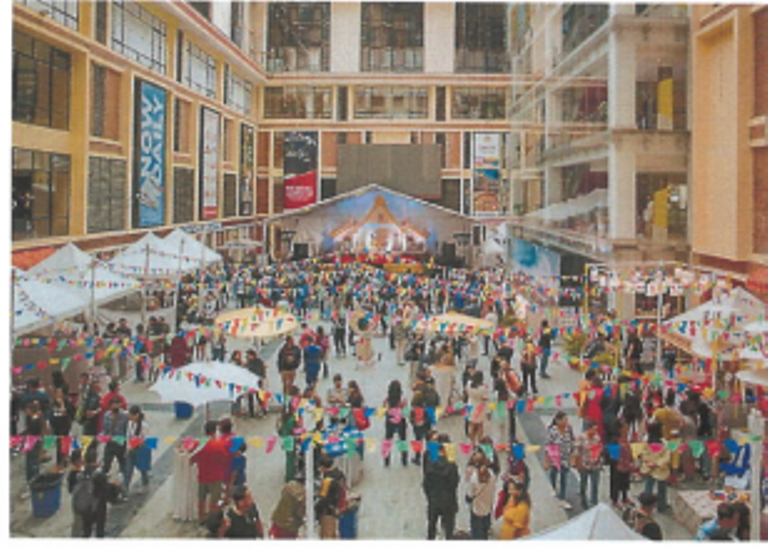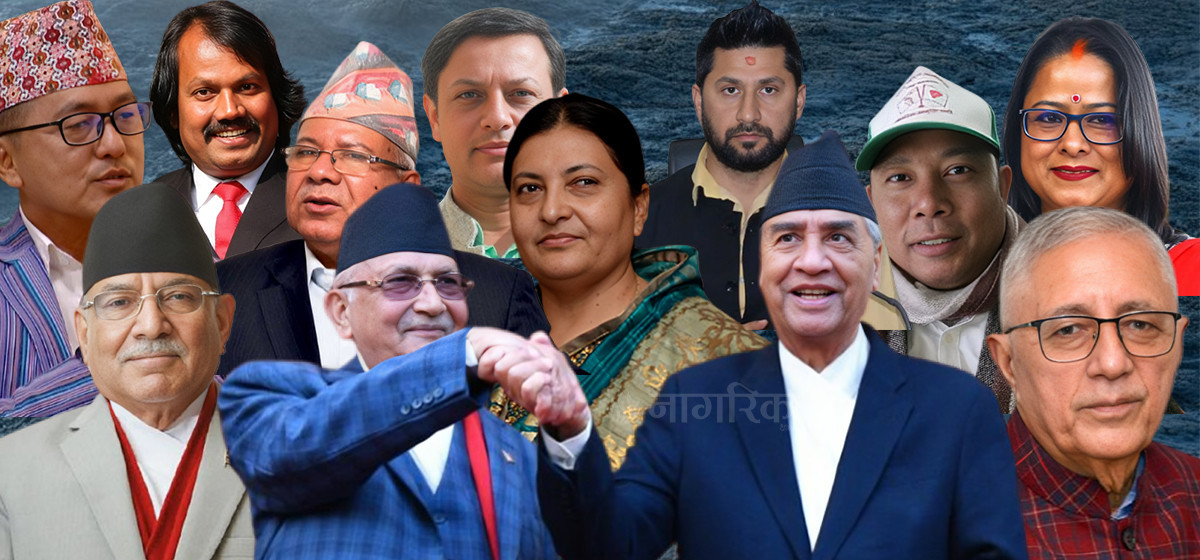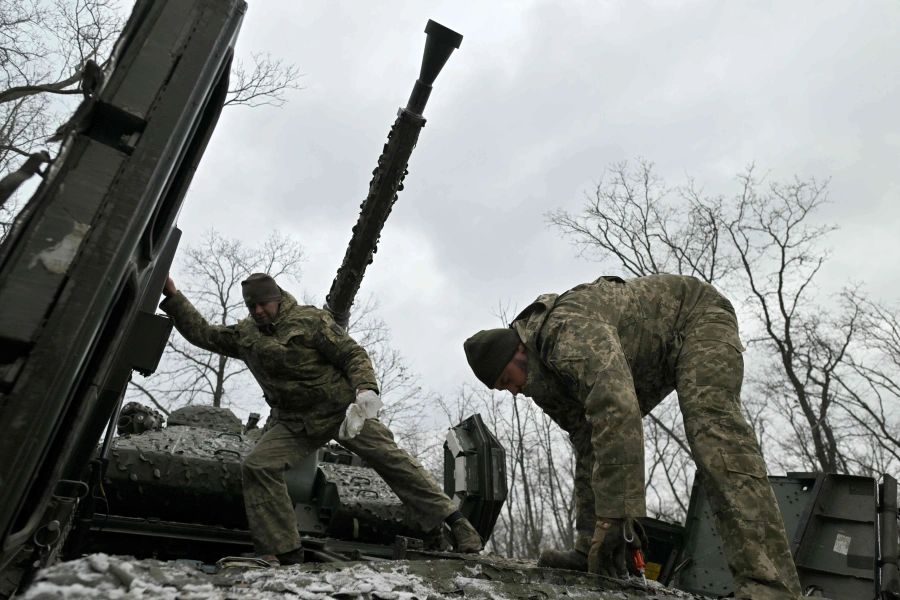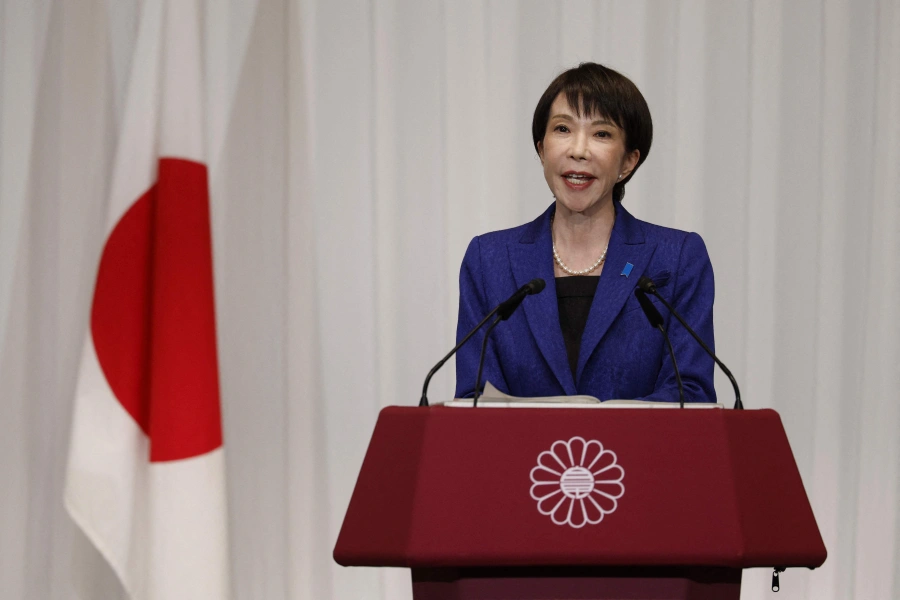KATHMANDU, July 25: From the ruling CPN-UML and its coalition partner Nepali Congress (NC) to the Nagarik Unmukti Party (NUP), internal rifts are intensifying across most political parties in the House of Representatives.
Internal tension within the UML had remained dormant after leaders like Madhav Kumar Nepal and Jhala Nath Khanal split from the party. However, a fresh controversy has emerged over the proposal to bring former President Bidya Devi Bhandari back into active politics, with some leaders strongly opposing her return.
Despite having served seven years as the country’s head of state, Bhandari reportedly wishes to re-enter active politics. However, the KP Sharma Oli faction sees her return as a challenge.
Leaders dissatisfied with Oli want to bring Bhandari back to secure their own political future. Insiders say this desire has worsened internal friction within the party.
If a former president becomes a party member, it could undermine the federal democratic republican system.
The UML's central committee meeting on Tuesday not only reminded Bhandari of constitutional norms but also advised her not to return to politics.
The party stated that she should maintain her dignity as a former president. The statement read: "As the country’s head of state, a symbol of national unity, upholder and guardian of the constitution, supreme commander of the army, national pride, symbol of the republic, a shared figure and guardian of the country—becoming a member, cadre or leader of any specific party is neither appropriate nor possible."
Not long ago, Bhandari publicly announced her intention to return to active politics with her former party, the UML. After reports emerged that she had already renewed her membership, political circles—including within the UML—were thrown into turbulence.
However, leaders like Vice-Chair Surendra Pandey disagreed with the decision to bar Bhandari from politics. This division suggests that internal conflict within the UML will likely escalate.
Thai embassy organizing "Journey to Thailand & Top Thai Brands...

The largest party in the House, Nepali Congress, is also facing persistent internal discord. The party resembles a federation of factions, with around a dozen groups active within it.
The coalition with the UML and dissatisfaction with KP Sharma Oli’s government have further fueled discontent within the NC. Five former office-bearers met with party president Sher Bahadur Deuba on Tuesday to express concern, saying the government has failed to deliver on the goals set by the coalition.
Leader Shekhar Koirala has publicly criticized the government for months. On Wednesday, he took to social media: "The UML wants to fast-track the Land Bill even while one of its ministers implicated in the Pokhara land bribery case (Land Reform Minister) still holds office. These can’t be treated as separate issues. This is not the good governance Nepali Congress promised to the public."
This reflects the depth of unrest within the NC. Koirala has frequently criticized changes made to the Civil Service Bill passed by the parliamentary committee, targeting the party president, MPs, and ministers.
Disciplinary action recently taken over internal betrayal during the 2022 parliamentary elections has further worsened the situation in the NC, which is already preparing for its 15th general convention.
The main opposition, CPN (Maoist Centre), is also no stranger to internal disputes. Lately, leader Janardan Sharma has openly criticized party chairman Pushpa Kamal Dahal. When Sharma began questioning the leadership, Dahal himself accused him of planning a party split.
Sharma has increased his presence across party forums. He says internal democracy is fading and authoritarianism is rising.
At an event marking the 47th Pushpalal Memorial Day, Sharma said almost all parties have centralized leadership and are becoming overly person-centered. "Speaking honestly about top leaders brings trouble. There's no democracy in the party, only centralism. There are orders, flattery, and dictatorship," he said.
Sharma also accused the party leadership of avoiding internal criticism. Meanwhile, the fourth-largest party in Parliament, the Rastriya Swatantra Party (RSP), is currently operating without its president, Rabi Lamichhane, who is in police custody.
Lawmaker Dol Prasad Aryal is now leading the party. But some leaders feel uncomfortable accepting Aryal's leadership. A central committee member of the party said, "With the president in custody, there’s no room to maneuver, even if disagreements exist."
Due to internal discontent, Sumana Shrestha resigned from her leadership role a few months ago, a source claimed.
The Rastriya Prajatantra Party (RPP), often accused of representing conservative forces, is also witnessing escalating disputes.
Differences over the monarchy and views on the republican system have long divided the party. When Chairman Rajendra Lingden began removing leaders for alleged anti-party activities, leaders like Dhamal Shumsher Rana protested.
After replacing Disciplinary Committee Coordinator Nawaraj Subedi with Roshan Karki, tensions rose further. Subedi and spokesperson Sagun Lawati, who had publicly announced their resignation from the party, were formally removed by Lingden on July 9.
Those opposing Lingden say his actions violate party rules and have filed a complaint with the Election Commission, demanding their reinstatement.
Senior leaders like Vice-President Bikram Pandey, Vice-President Mukunda Shyam Giri, and General Secretaries Rana and Kunti Shah released a joint statement on July 17 accusing Lingden of growing authoritarianism.
Even earlier, disputes had surfaced over appointments, such as selecting the Provincial Speaker and making General Secretary Rana head of the party's organization department.
Another point of dispute in the RPP is that its unification with Rabindra Mishra’s broader right-wing faction on September 28, 2022, has not been officially registered with the Election Commission.
Meanwhile, the Nagarik Unmukti Party (NUP), often in the spotlight for internal disputes, is again facing new tensions.
The party’s parliamentary group called for a central committee meeting, but party Chair Ranjita Shrestha declared it unconstitutional.
The parliamentary meeting, attended by party leader Ganga Ram Chaudhary, Chief Whip Lalbir Chaudhary, and Whip Arun Chaudhary, decided to amend the party statute and hold a central committee meeting on July 24–25 in Kathmandu.
However, Chair Shrestha did not sign the decision, triggering further rifts.




































